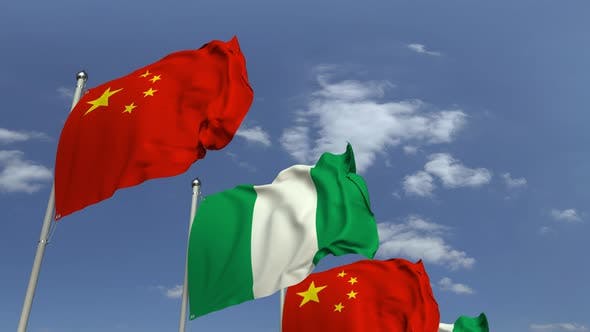Nigeria has signed a landmark Memorandum of Understanding (MOU) with the People’s Republic of China, aimed to adopt and accelerate climate action through innovative solutions, mutual cooperation, and shared expertise in combating environmental challenges. The signing happened on the sidelines of the ongoing COP29, where Nigeria’s Minister of Environment, Malam Balarabe Abbas Lawal, participated in the High-Level Dialogue: “South-South Cooperation Promotes Sustainable Development in Developing Countries”, at the invitation of the Chinese delegation.
“This partnership underscores Nigeria’s commitment to #GreenNigeria and highlights the importance of South-South collaboration in achieving sustainable development for developing nations. Together, we can build a greener, more resilient future for all,” the head of Press, Ministry of Environment, Ibrahim Haruna stated in a statement.
Meanwhile, the minister has disclosed that the principle of Circular Economy has transformed Nigeria’s economic space and was yielding the desired result.
The minister revealed this while participating as a panelist in the session on “Empowering Interregional Partnerships for Circular Economy Transition: Towards A Climate-Resilient And Sustainable Future” at the ongoing COP 29 in Baku, Azerbaijan.
Represented in the session by the Director General of National Environmental Standards and Regulations Enforcement Agency (NESREA), Dr. Innocent Barikor, the minister said, “Circular economy solutions have transformed Nigeria’s construction and industrial sectors, with recycled materials integrated into products and projects, and industrial by-products repurposed as valuable inputs. Waste-to-energy solutions further enhance resource efficiency while reducing carbon footprints”.
He described the Circular Economy which was being implemented in Nigeria through the Extended Producer Responsibility (EPR) Programme, as an economic opportunity which has created jobs, fostered innovation, and unlocked avenues for sustainable development.
The minister further stated that the country was strengthening its regulatory framework, scaling up infrastructure development and enhancing stakeholder engagements to address problems of non-compliance, limited recycling infrastructure, and insufficient enforcement capacity.
Acknowledging the role of Interregional partnerships to Nigeria’s progress, the Minister said, “As a co-founder of the African Circular Economy Alliance (ACEA), Nigeria collaborates with regional and global platforms, including the Global Plastic Action Partnership (GPAP). These partnerships foster knowledge exchange, investment in technology, and capacity building, enabling Nigeria to scale up solutions tailored to its unique context.”

